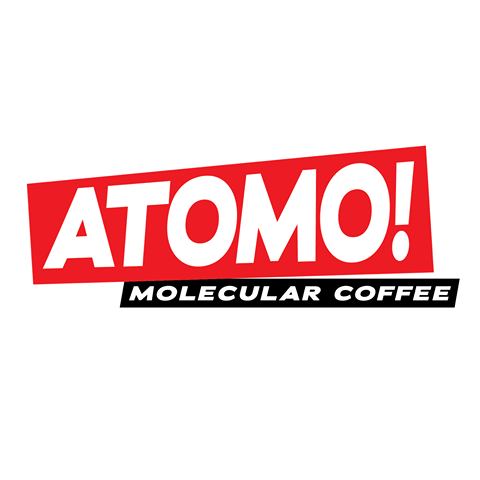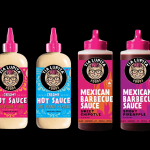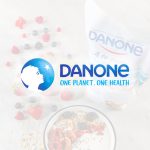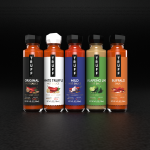The Question Of Open-Source Research In Lab Grown Coffee
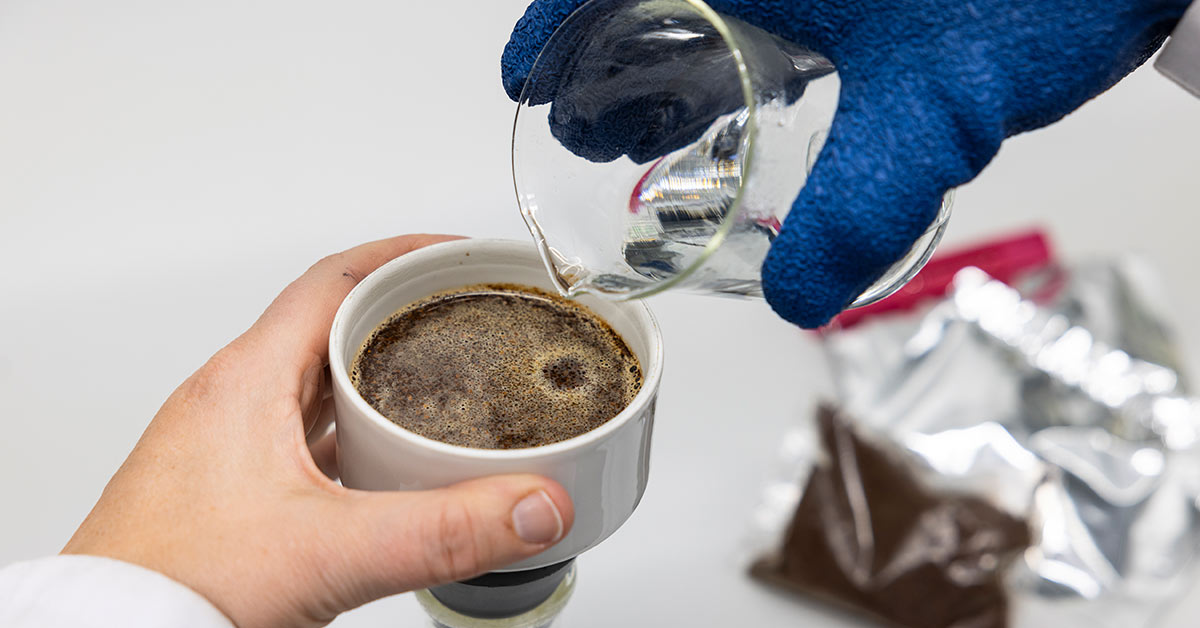
Most founders and investors in food tech claim that a company’s intellectual property (IP), or proprietary technology, is its most important resource. Yet, conversations surrounding scientific innovation claiming to be the solution to food production’s impact on environmental degradation often find their way to the idea of open-source research. Proponents of an open-source approach to research take the stance often heard in preschool classrooms:
Sharing is caring.
Lab grown, or molecular, coffee is the most recent innovation to enter this ongoing debate. This week, researchers at VTT Technical Research Centre of Finland released the recipe to make lab grown coffee. The coffee, made using cellular biotechnology to isolate cell lines from coffee plants and grow them in controlled environments, claims to be an answer to the increasing amount of land used for coffee cultivation and the problems the industry faces with unfair labor practices and the growing challenge of a changing climate.
“The mission is to help the industry on a global level to innovate,” said Dr. Heiko Rischer, principal scientist and head of plant biotechnology at VTT.
By publishing its proof of concept in November and releasing the team’s findings and processes this week, VTT is hoping to solve some of the time and more capital intensive aspects of research being done to make lab grown coffee a viable retail product, while making the process more transparent and collaborative. It’s an approach that’s been favored by software developers, Tesla and other tech ventures, but does it have a role in modern CPG?
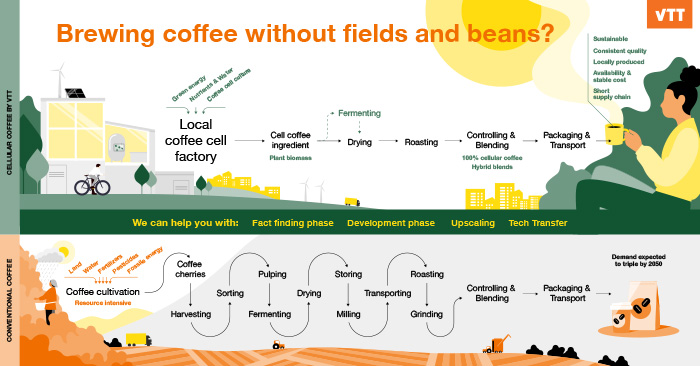
One outspoken advocate for open-source research in environmentally sustainable food innovation is Miyoko’s Creamery founder and former CEO Miyoko Schinner. During a keynote presentation at last year’s Natural Products Expo West food show, Schinner argued that rebuilding the food system under a more sustainable and ethical model would require sharing innovation and technology freely.
Schinner is not alone. Israel-based, cell-cultured meat company SuperMeat has taken a similar stance to open-source research and aims to create a platform in the cell ag food industry to move innovation forward.
The debate over open-source research is “complicated,” said Maricel Saenz, founder and CEO of San Francisco-based startup Minus Coffee, which uses fermentation to create “beanless coffee” from upcycled ingredients .
“It’s a tricky one, right? Because I think open-source research, particularly research being funded by not-for-profit sources like the government, are so important to advance particular areas,” she said. “As the founder of a start up in a for profit company, our investors and stakeholders want us to keep and protect our IP.”
Yet, Saenz said that open-source research of “core discoveries or core research” can become the building blocks for the private sector to scale innovation and grow the industry efficiently.
It can be hard to navigate these debates while also trying to be first-to-market with a disruptive product, let alone garner the interest of commercial investors seeking a return on investment.
Minus landed a new investment earlier this year from Mexico City-based VC fund Amplifica Capital but is competing with others in the space for capital to bring products to market quickly.
After closing a $40 million Series A round in June 2022, Seattle-based food tech company Atomo Coffee has been making waves recently with a series of announcements. In October, the company flipped the script from its canned innovation switching to a bagged, ground format targeted coffeeshops with an initial drop at Gumption Coffee in New York City. Late last month, Atomo announced it had received a “multi-million dollar” investment from Japanese spirits house Suntory.
Voyager Foods is also developing a bean-free coffee targeting the market for sustainable coffee alternatives as a private label supplier.
“Ultimately, we’re all on the mission of trying to create solutions related to climate change,” Saenz said. “I think it’s important that it comes with a combination of intellectual property to bring value to these companies and the people who are developing [it] and, at the same time, open-source research that can create a really solid baseline to properly accelerate change.”

